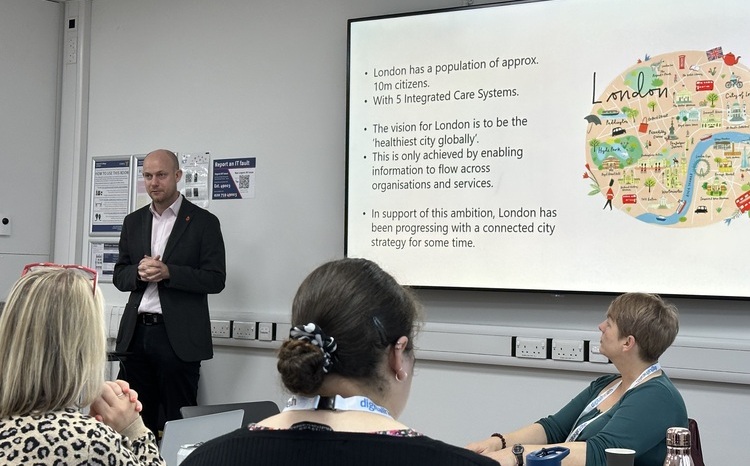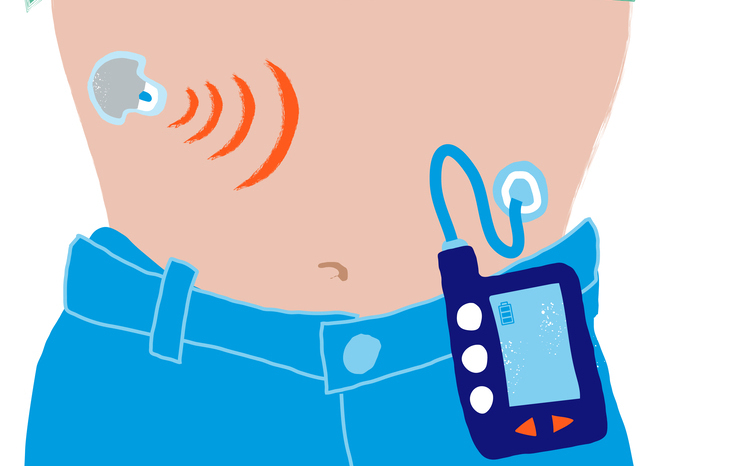EMIS Web integrates diabetes tool
- 10 January 2013

An online assessment tool designed to identify people at risk of diabetes has been integrated into EMIS Web.
The QDiabetes tool is an algorithm that calculates a patient’s risk of developing type 2 diabetes within the next ten years.
It has been integrated in EMIS’ newest clinical software system, used by more than 1,000 GP practices and is being rolled out to users.
The tool calculates a patient’s risk score by analysing physical, lifestyle and socio-economic factors and was developed using QResearch – a not-for-profit partnership between the University of Nottingham and EMIS.
GPs can run the algorithm during individual consultations and practices can run ‘batch’ assessments across all patient records to get an indication of those patients most at risk.
Professor Julia Hippisley-Cox of Nottingham University, said: “The beauty of integrating this tool with GP software is that it enables data to be easily captured or reviewed with the patient during the normal consultation process – with all information immediately updated on the patient’s medical records – including any intervention recommendations provided.”
More than 3m people in the UK now suffer from diabetes and estimates suggest that a further 850,000 people may be undiagnosed.
EMIS managing director Neil Laycock said: “The guidelines issued by NICE back in July call on health professionals to adopt a more strategic approach to diabetes identification and risk reduction.
“QDiabetes is one component of a risk reduction strategy which will help GPs meet this call, enabling them to easily, quickly and simply capture data that will help identify patients at risk of diabetes and improve patient care.”
The National End of Life Care Intelligence Network has also released the new version of its End of Life Care Quality Assessment tool, which is now structured around the NICE quality standard for end of life care for adults.
ELCQuA was launched in May 2011 as a free, online self-assessment tool designed to support local service improvement and the commissioning of end of life care services.
The enhanced tool enables users to electronically self-assess and track progress against the NICE quality standard for end of life care and covers a mix of outcome indicators such as the proportion of people who feel adequately supported to live independently.




